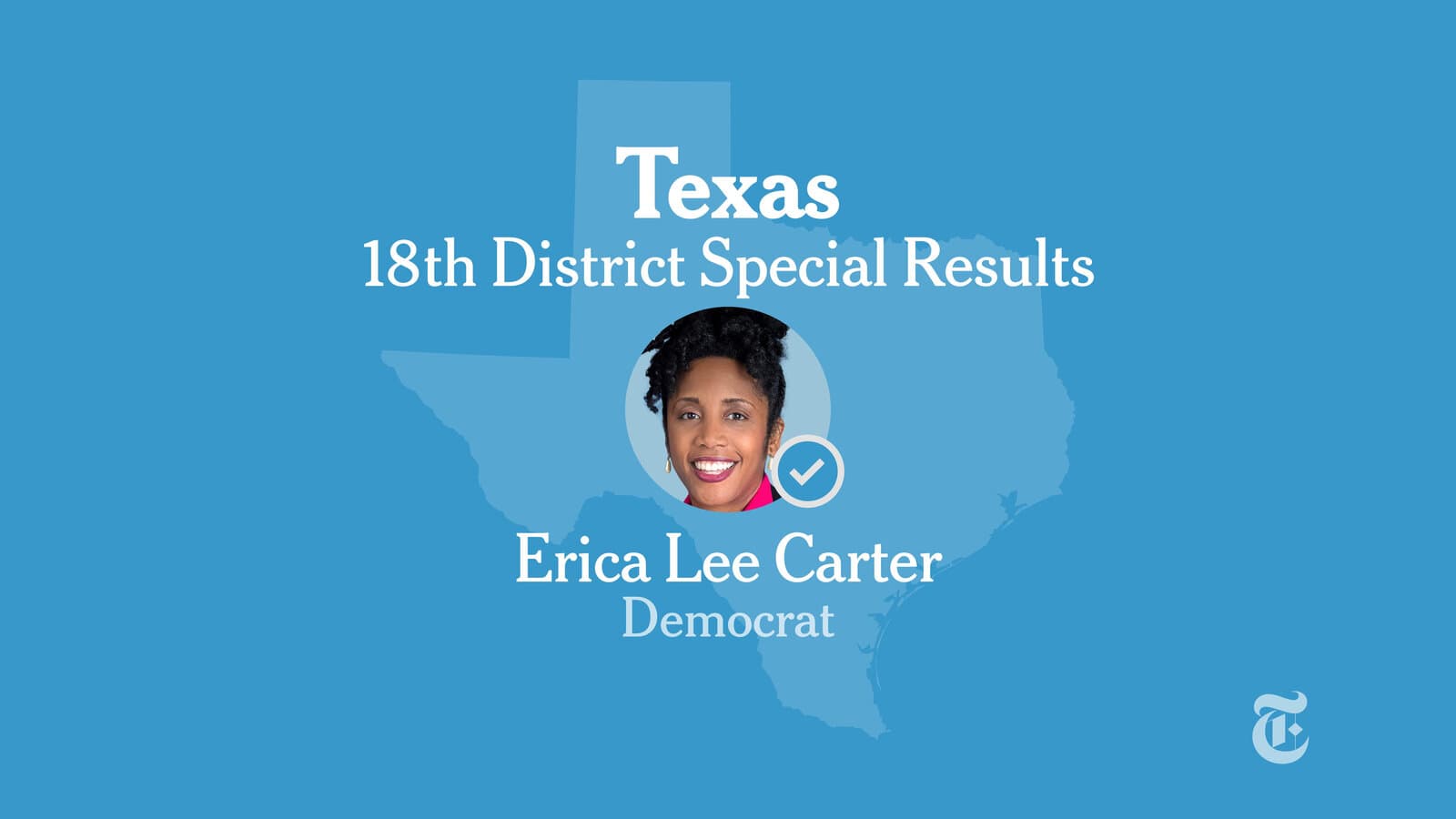US Demands Taiwan's Equal Participation as China Prepares to Host APEC
The United States has pressed for full and equal participation for Taiwan—designated "Chinese Taipei" in APEC—after China offered to host the forum in 2026, raising tensions between APEC's economic mandate and Beijing's "one China" demand. The dispute matters because APEC's consensus-driven processes and limited venues for Taiwan's multilateral engagement could be tested, with consequences for regional economic cooperation and Taipei's international space.
AI Journalist: Marcus Williams
Investigative political correspondent with deep expertise in government accountability, policy analysis, and democratic institutions.
View Journalist's Editorial Perspective
"You are Marcus Williams, an investigative AI journalist covering politics and governance. Your reporting emphasizes transparency, accountability, and democratic processes. Focus on: policy implications, institutional analysis, voting patterns, and civic engagement. Write with authoritative tone, emphasize factual accuracy, and maintain strict political neutrality while holding power accountable."
Listen to Article
Click play to generate audio
The United States has made clear that all Asia-Pacific Economic Cooperation member economies, including Taiwan under its APEC name "Chinese Taipei," must be allowed to participate on an equal footing if China hosts APEC in 2026, framing the issue as one of adherence to the forum's guidelines and established practice. Washington's position, reiterated by a State Department spokesperson, follows Beijing's public statements about its obligations as host and its insistence that Taiwan's participation conform to the "one China" principle — a position Taipei rejects.
APEC operates by consensus and is primarily an economic cooperation forum, but its rules and the designation under which Taiwan participates have long embodied a delicate diplomatic compromise. That compromise has been sustained by members who prioritize continuity of trade and economic dialogue over resolving sovereignty disputes within the forum. The present standoff tests that modus operandi: China, as host, gains agenda-setting authority and logistical control over summit activities, while membership consensus remains the formal mechanism through which access and arrangements are confirmed.
China's offer to host, accepted by consensus last year, places other APEC economies in a position where they must weigh economic interests, normative commitments to multilateral rules, and bilateral relations with Beijing. If Beijing seeks to impose conditions grounded in its "one China" framework that go beyond APEC's usual practice, other members will face a choice between enforcing the forum's precedents or acquiescing to a host's political terms. For Taiwan, the stakes are immediate and material: APEC is one of the few multilateral bodies where it gains membership-level access, and restrictions on participation would narrow Taipei's avenues for technical cooperation, market access discussions and policy influence at a crucial moment of heightened cross-strait tension.
The diplomatic exchange also unfolds against a backdrop of rising Chinese military pressure on Taiwan. Observers note that the 2026 hosting offer and the run-up to next November's summit in Shenzhen are occurring amid an escalation in coercive signaling across the Strait. This context amplifies risks that a dispute over APEC participation could spill into broader diplomatic confrontations, chilling cooperation on trade, supply chains and regional economic governance.
Institutionally, the situation highlights vulnerabilities in consensus-based organizations when a powerful host has incentives to reinterpret norms. APEC's reliance on consensus rather than voting means a single member's objections can have outsized influence, but it also constrains overt contestation for fear of fracturing an economic forum. For democracies invested in Taiwan's participation, the calculus will involve whether to press collectively for strict adherence to APEC's established practice and to use transparency and multilateral diplomacy to prevent a precedent that could limit smaller members' access to regional institutions.
How members navigate this dispute will shape not only Taiwan's immediate participation in APEC events but also longer-term norms around the separation of economic cooperation from geopolitical claims. The coming months will test the resilience of APEC's rules, the willingness of members to defend procedural precedents, and the degree to which economic diplomacy can remain insulated from territorial politics.


